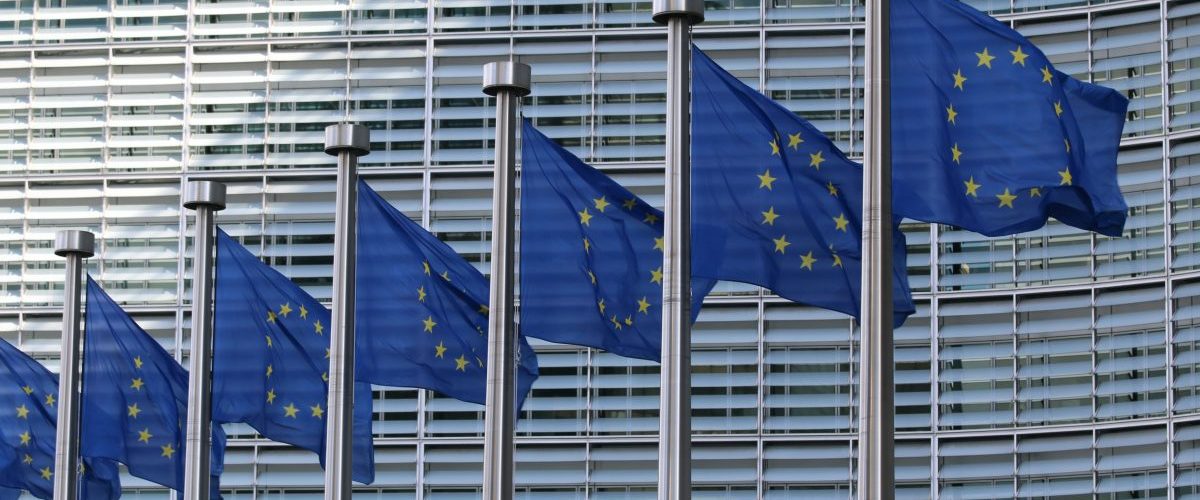On 8 December the European Commission (“EC”) launched its long-awaited proposals to modernize the VAT rules within the EU collectively known as “VAT in the Digital Age package” (“ViDA”). In this series of articles we provide a summary of the proposed changes together with some initial comments. To note, the ViDA proposals will now be discussed by the EU Member States and ultimately the ViDA proposals will require unanimous approval by all Member States to come into law. It is therefore expected that there will be a number of developments regarding ViDA during 2023 of which we will keep you updated.
Source BDO
See also
- ViDA Analyzed – Part 1: E-invoicing will be the general rule for the issuance of invoices – Legal basis
- ViDA Analyzed – Part 2: 2 days deadline for the issuance of invoices on intra-Community supplies
- ViDA Analyzed – Part 3: Elimination of the possibility to issue summary invoices
- ViDA Analyzed – Part 4: Content of invoice – More data elements added to allow automation of process reporting (Art. 226)
- ViDA Analyzed – Part 5: Call-Off Simplification (Art. 17a) introduced via the Quick Fixes will cease to exist
- ViDA Analyzed – Part 6: Digital reporting system for intra-Community transactions: Articles 262 to 271
- ViDA Analyzed – Part 7: Digital reporting system for supplies of goods and services for consideration carried out within the territory of one Member State: Articles 271a to 273
- ViDA Analyzed – Part 8: Platform economy: Deemed supplier regime for short-term accommodation rental and passenger transport
- ViDA Analyzed – Part 9: Single VAT Registration (SVR) and improvements to the existing e-commerce rules and the margin scheme
- ViDA Analyzed – Part 10: Member States should allow ”Domestic reverse-charge” (Art. 194)
Join the LinkedIn Group on ”VAT in the Digital Age” (VIDA), click HERE














